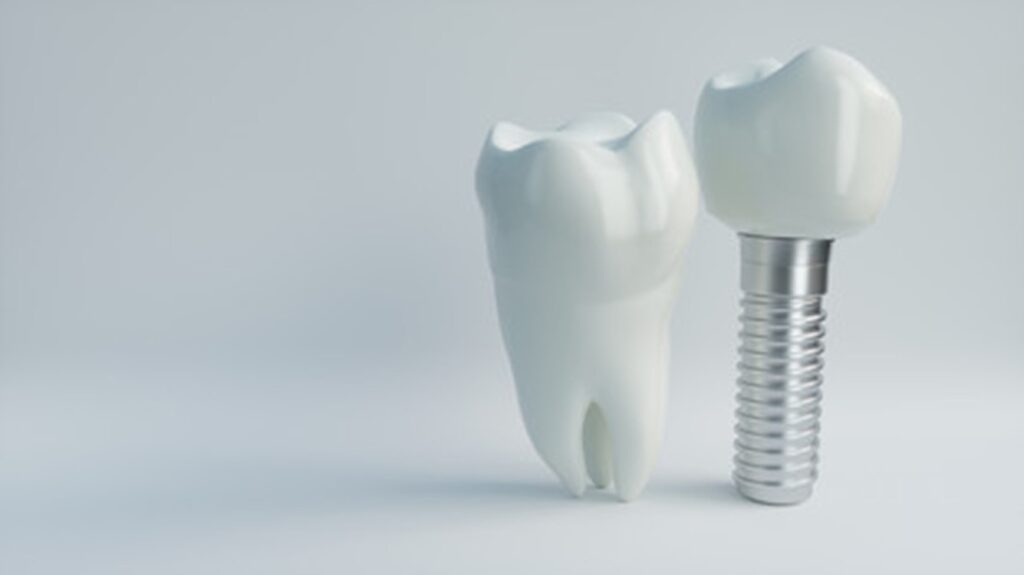
The last thing anyone would want is to accidentally stain their dental implants. After all, the idea is to achieve a whiter, healthier looking smile. Discoloration would be a real disappointment. While the risk is lower than with real teeth, your dental implants can still be stained. If you want to know how to best maintain and protect your dental implants in Richardson, here are some of the steps you can take.
Dental Implant Stains
Natural teeth are susceptible to staining both on and in the enamel. Sometimes, erosion of the enamel can expose a substance called dentin, which is naturally yellow. Thin enamel allows it to show through the tooth. Staining can also occur from certain medications, decay, or trauma.
Unlike natural teeth, dental implants aren’t made up of organic materials. However, what you expose your mouth to still affects the color of your implants. Yes, they are designed to resist staining, but there’s still a possibility to discolor them if the glazing on their surface is compromised.
What Can Stain My Implants?
Certain substances and activities are more likely to deteriorate the surface of your implant, ultimately leading to discoloration. Some of the most common causes are:
- Acidic foods and beverages
- Food with tannins (berries, red wine, coffee)
- Abrasive (i.e. whitening) toothpastes
- Tobacco usage
- Lack of a proper oral care regimen
It is also possible for the dental bonding used to secure your implants to become stained. When this happens, the area at the edge of the implanted tooth might appear yellow or discolored. If you notice discoloration here, your dentist can polish the area.
What Do I Do If My Implants Are Stained?
If you notice that your dental implants have become stained or discolored, don’t panic. Your dentist can repair them. They will use a professional treatment that re-applies the glaze to the surface of the implant. In cases of extreme staining, a replacement of the top of the implant is sometimes necessary.
While it can be corrected, it’s best to avoid discoloration of your dental implants by monitoring what you eat and practicing proper oral hygiene. And of course, make sure you visit your dentist at least twice a year for a checkup and cleaning.
About the Author
Dr. Shwarts was born and raised in the Dallas area and is dedicated to providing excellent care to his community. He graduated from the University of Texas at Austin before pursuing his doctorate at the University of Texas Health Science Center in San Antonio. If you have any questions about your dental implants or staining, visit his website or give him a call at (972)437-6035.

